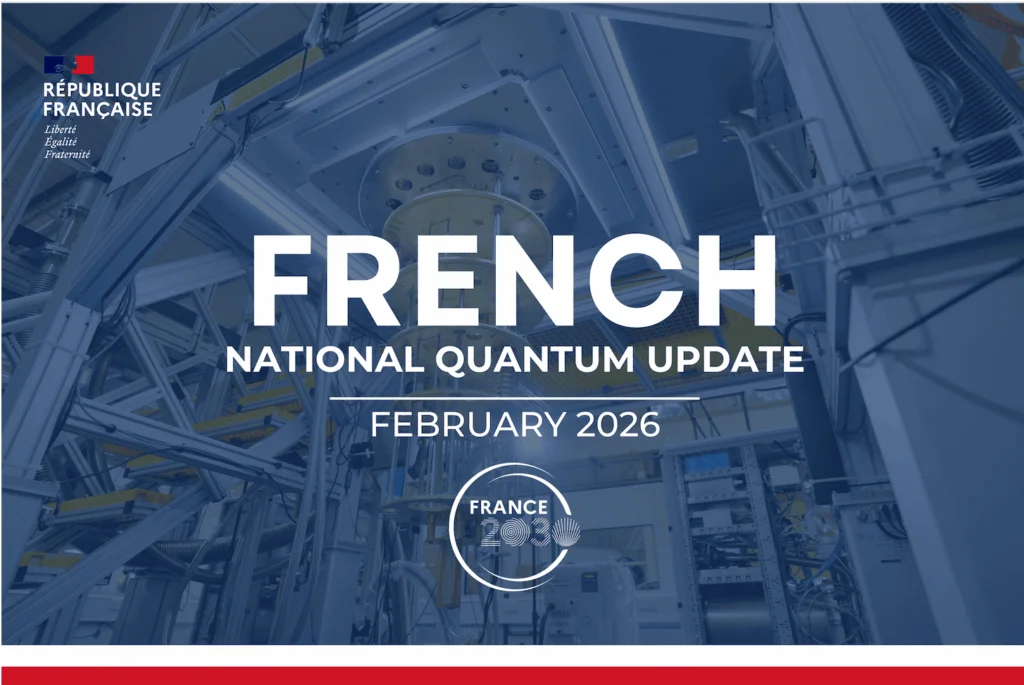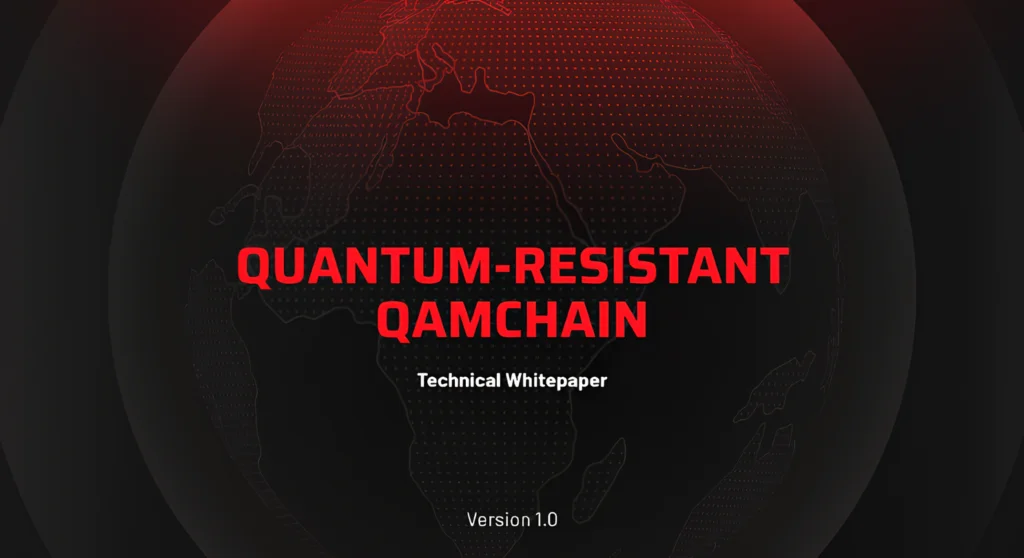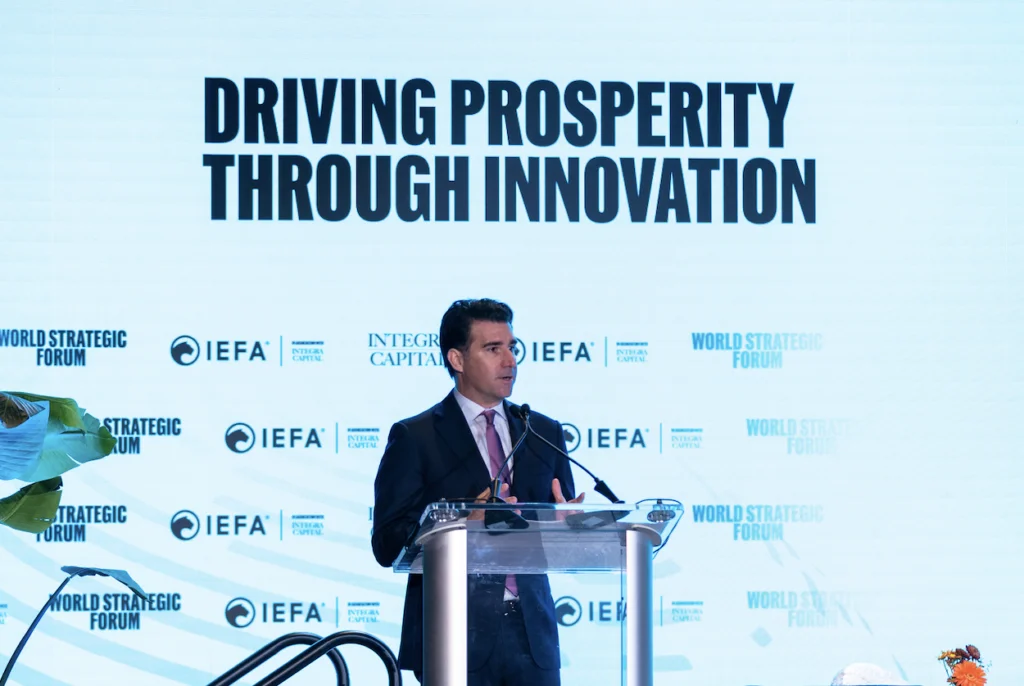QAI Ventures and the Quantum Simulation Opportunity
On a high level, quantum simulation is an emerging technology that stands as one of the most promising applications for quantum computing.
Computer simulation has long supported science and innovation by mimicking real-world phenomena. However, certain levels of physical simulation are beyond the computational reach of even the most powerful supercomputers.
But where classical computing’s capabilities stop, quantum computing could start. Using quantum computers to simulate quantum systems could allow researchers to model molecular dynamics more accurately, triggering innovation and revolutionizing the process of materials science and discovery for numerous industries. QAI Ventures is a patient capital investor and accelerator, partnering with startups and spinouts to bring the positive transformational power of quantum technologies from labs to markets and societies. This article delves into the potential of quantum simulation and the need for investment to push this potential to practicality.
Quantum Simulation Demystified
Quantum simulations can be performed using classical computing systems to simulate physical processes and quantum computers to simulate physical phenomena. These are two distinct approaches to simulation that the quantum community often and counterintuitively uses interchangeably without clarification.

While quantum simulations are currently achieved by combining classical computing and artificial intelligence (AI), simulations powered by quantum computing offer an intriguing new approach. Quantum computers, once robust enough, may have the advantage because they harness the unique properties of quantum mechanics.
To effectively model natural phenomena at the molecular level, researchers must capture how matter and energy operate, which is an incredibly computationally intensive task. To do that, scientists use classical computers and machine learning, with or without quantum computation, to develop applicable models.
The reason for integrating quantum computers into these processes is that they are uniquely suited for precise quantum simulation as they use quantum bits that use quantum phenomena as part of their information processing.
So, while physical simulation driven by classical computing and AI delivers value to numerous industries, some experts believe that quantum computer-based simulations could be one of the more near-term realizable applications. For relatively small-scale quantum systems, tens or hundreds of qubits may be all that is needed for practical physical simulation by quantum computers.
Quantum computing is still in the early stages of development, but interest in the technology continues to build. More companies are making quantum computing software and hardware as proof of concepts for the potential for physical simulation by quantum computers.

Quantum Simulation in Action
In drug discovery, scientists use quantum simulation to understand better how certain biomolecules, like proteins, interact to craft new potential medicines. Currently, drug discovery is a costly and time-consuming endeavor, taking an average of 12 years and over $2 billion to bring a drug from lab to pharmacy.
However, quantum computer-driven simulation could drastically reduce the time and cost of drug development, potentially enabling applications such as target molecule identification to simulate how proposed compounds interact with biological processes. In this way, quantum simulation helps screen potential target molecules and the optimization of candidate compounds, refining and improving their therapeutic properties and cutting down time and resources spent on physical experimentation.
In one 2023 study, researchers published how they combined quantum computing with classical systems, machine learning, and quantum machine learning algorithms for computer-aided drug design (CADD) applications and virtual high-throughput screening (HTS) to predict mutational effects on drug binding and unbinding. Simplified, how a drug interacts with human biology, such as attaching and detaching to cells.
For another example, a key application in materials science called density functional theory (DFT) has long been simulated by classical computing to understand and predict the properties of atomic and subatomic systems. DFT relies on a set of useful, but difficult-to-solve equations to approximate a given system’s electron density and total energy. This makes properties such as conductivity, chemical reactivity, and thermodynamic stability in materials possible, opening the door to new, higher-performing, and greener products.
A recent survey of senior executives, academics, and start-up founders in the quantum computing field found that one-third of respondents are developing new use cases for quantum computing as opposed to developing quantum computing hardware. This is a finding that attests to quantum computing progressing from lab experiments to proof of concepts and applications in markets. However, this development presents new challenges for startups and spinouts.
Navigating Challenges and Opportunities Through Capital and Expertise
On the technical side, quantum processors need to be more reliable and scalable to be used for applications such as simulating physical systems.
Quantum technology, subsequently, needs patient investment to continue to advance and mature, which requires continued interest in its potential. 2023 experienced a normalization of private investment in quantum technology from a surge in 2022. At the same time, publicly-funded quantum programs and government pledges have expanded, tallying over $40 billion in investment over the next ten years from over 30 different governments worldwide.
At the same time, R&D-heavy quantum technology startups and spinouts are nearing their first product launch, presenting newfound challenges such as discovering product-market fit, tailored communication, audience segmentation and targeting, business model generation, and more. Many spinouts and startups seek assistance by partnering with an investment fund with applicable quantum technology expertise and ecosystem know-how.

What Lies Ahead
The day quantum computing is reliable, scalable, and practical is on the horizon, but estimates vary for when.
IBM claims it will have a fully error-corrected, 200-qubit quantum system by 2029, while Microsoft has said it will have a quantum computer able to perform one million quantum operations per second sometime within the next ten years. Meanwhile, in its 2024 report, the European Commission-backed Quantum Flagship initiative has delivered a roadmap calling for a matured European quantum ecosystem by 2030.
The Quantum Flagship report interestingly argues that analog quantum simulators – hardware designed to emulate quantum systems – have lower requirements for qubit quality than digital quantum simulators and subsequently could find more near-term practical use. The report also points to the near-term applicability of quantum simulation in areas such as automotive, oil and gas, chemicals, photovoltaics, and pharmaceuticals.
The potential for quantum technologies to transform current practices in physical simulation is both promising and exciting across applications and industries.
QAI Ventures embraces the challenges that come with realizing the potential opportunities. The QAI Ventures’ Quantum Funds and Accelerator Program seek startups and spinouts spanning classical, hybrid, and quantum technologies to help drive progress in quantum computing and simulation.
As a spin-off of uptownBasel, an international center of excellence in Switzerland, and a subsidiary research hub called QuantumBasel, QAI Ventures combines patient capital with quantum technology expertise and a valuable quantum network to bring quantum technology proof of concepts to practical applications.
One example of QAI Venture’s commitment to the field of Quantum Computing is QPerfect, a French quantum computing company, part of the 2024 cohort of the Accelerator program. Originating as a spinoff from the European Center for Quantum Sciences (CESQ) in Strasbourg, QPerfect team’s core expertise is centered around quantum computing and quantum simulations. This expertise is particularly focused on large-scale classical simulations of many-body quantum systems and analog quantum simulators using ultracold atomic experiments. QPerfect’s flagship product is MIMIQ, a virtual quantum computer that pushes the boundaries of both classical and quantum computing capabilities beyond the limits of today’s best quantum computers. MIMIQ allows users to leverage the expertise of the QPerfect teams and state of art methods such as Matrix Product States for large-scale quantum simulations. This allows the simulation of large quantum systems and the development and testing of algorithms for quantum simulations that one day could run on fault-tolerant digital quantum computers.
Also in QAI Ventures’ 2024 Accelerator Cohort is Commutator Studios, a startup working on a solution to boost the performance of quantum applications running on current quantum computers. The Commutator Studios team is using their own research to better understand certain errors that affect the performance of quantum applications that are being ignored. By accounting for them, they can automatically optimize third-party quantum applications. At the same time, their vision is that quantum development is fundamentally different and requires new quantum developer tools to get the most out of quantum programs.
Another way of contributing to the field is the organization, together with the Quantum City and University of Calgary teams, of the GenQ Quantum Computing Hackathon in Calgary, Albert, Canada, which will take place October 4-6, 2024, after the qConnect event.
Contact QAI Ventures for an un-committing discovery call to explore how patient investment and quantum ecosystem expertise could support your quantum technology solution.















